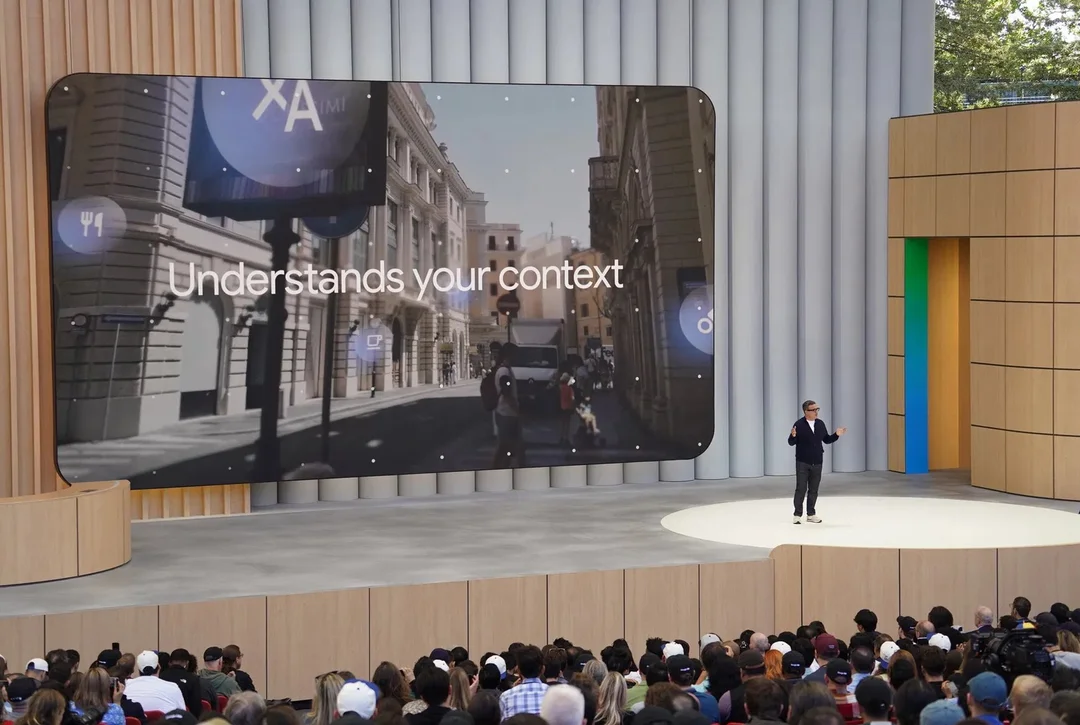
Google’s AI Advantage: How Gemini Knows You Better Than You Think, Raising Privacy Concerns
Google is leveraging its vast data trove to give its AI model Gemini a significant edge over rivals like OpenAI's ChatGPT and Anthropic's Claude. The secret ingredient? Your data. Google is now tapping into your personal information to offer uniquely insightful and personalized responses, sparking both excitement and concern about privacy.
During Google I/O, the company unveiled "personal context," a feature granting Gemini access to information across Google's apps, contingent on user permission. This includes Gmail's personalized smart replies. Instead of generic suggestions, Gemini will analyze your past emails and Google Drive files to craft replies that mimic your tone, incorporate your favorite words, and even remember your usual greetings. Imagine Gemini sifting through your travel plans to suggest relevant road trip advice to a friend, making you, as Sundar Pichai put it, "a better friend."

This personalized approach extends beyond Gemini itself. Google plans to integrate these AI capabilities across Search and other services, potentially connecting your YouTube history and Photos library. This wealth of data gives Gemini a head start, knowing your preferences, shopping habits, and communication style from the outset, unlike ChatGPT which begins with a blank slate.
However, this enhanced personalization raises critical questions about privacy. Forbes highlighted the potential risks, urging caution before embracing these changes. Enabling these features grants Gemini permission to access and scan your emails and Google Drive content. As Android Authority points out, "if privacy is a concern, the feature may not be for you."
Gmail is also introducing end-to-end encryption, a feature that is incompatible with these upgrades, as the AI can't read encrypted emails.
While this level of personalization could enhance the user experience, the trade-off between convenience and privacy is now more pronounced than ever. The prospect of AI running wild across private, confidential data raises significant concerns, particularly within enterprise settings. Gmail users are advised to carefully consider the implications before opting into this level of personalization.
Google's latest AI advancements in Gemini offer a glimpse into the future of personalized technology. But are we willing to sacrifice our privacy for convenience? Share your thoughts in the comments below!